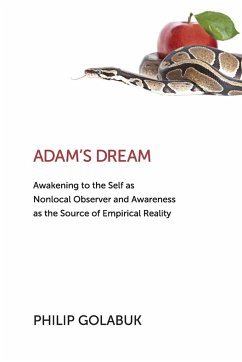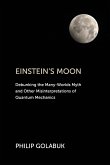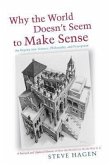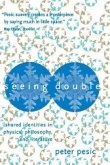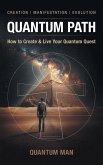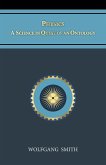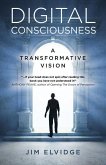What is the self, the mysterious center of awareness that observes? This is a question as old as civilization, one that science and philosophy have been unable to answer. Despite discovering that the empirical world is observer-dependent, quantum physics has paid little attention to the nature of the observing awareness in part because it assumes, as does classical thinking, that the observer is local--the individual in the lab coat who conducts the experiment. In this groundbreaking follow-on to Einstein's Moon, internationally acclaimed author Philip Golabuk makes the case that the observer is nonlocal, beyond time and space, and that the universe, including ourselves, is its dream. This profound shift not only dramatically changes how we see ourselves and our world, but also holds the key to resolving the existential crises we face and ensuring the future of life on earth.
